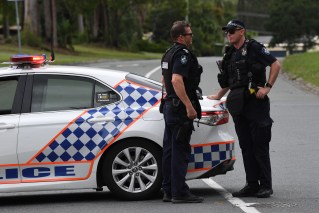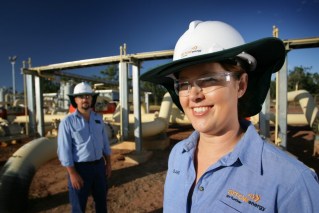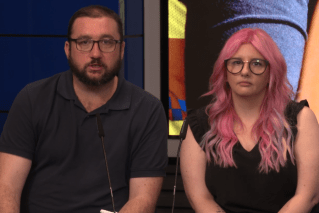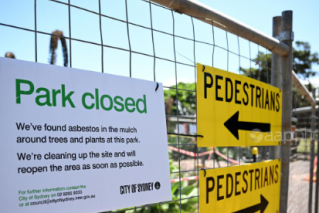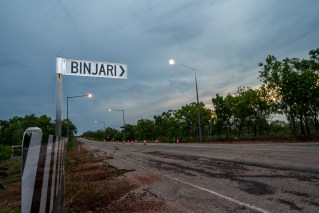Still a coastal divide as not every mayor buys into bush compact
Two rural mayors have raised doubts a new bush council pact will be effective if coastal councils are allowed in the group.

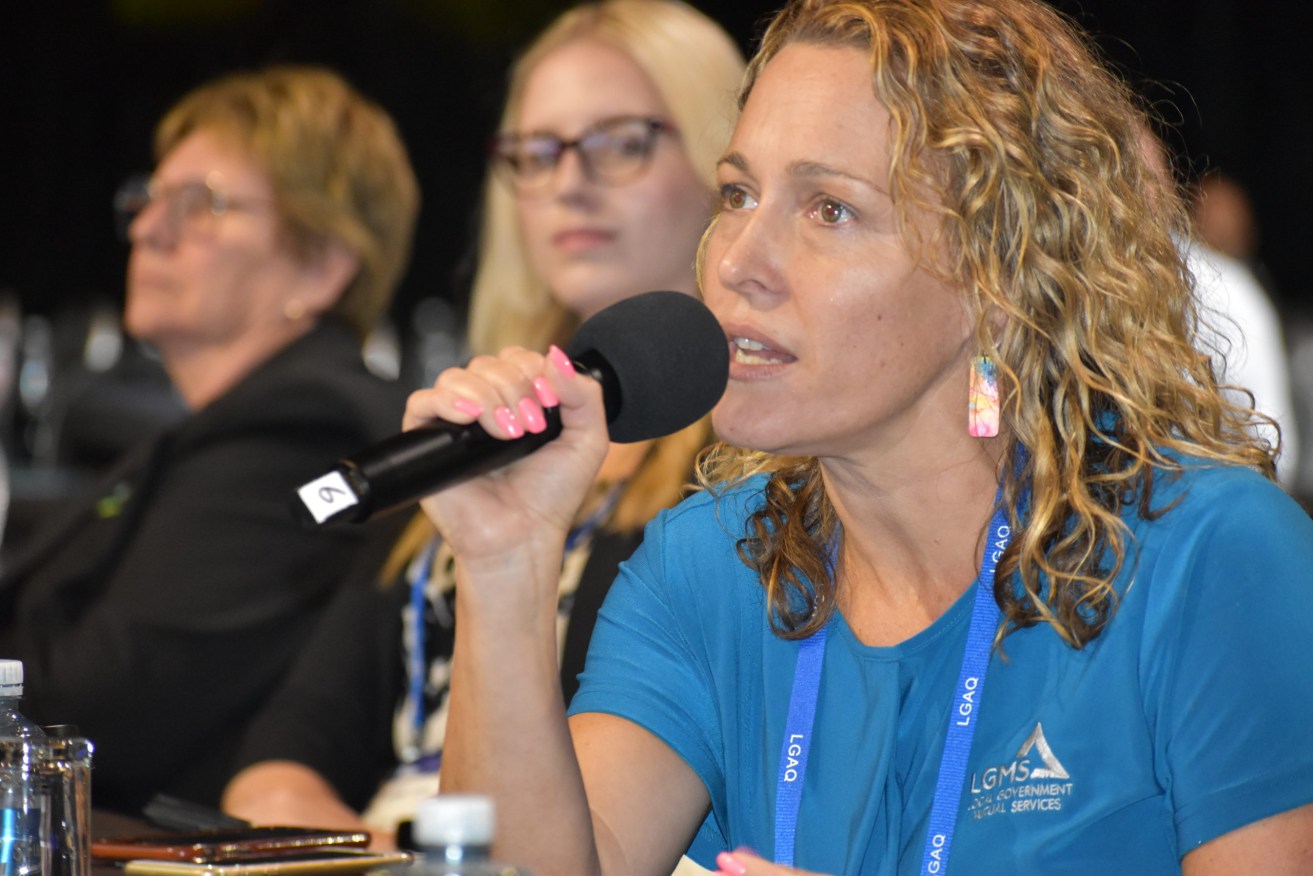
North Burnett Mayor Rachel Chambers airs her concerns at the LGAQ Conference on the Gold Coast. (Photo: Brad Cooper).
The concerns were aired at the LGAQ Conference on the Gold Coast yesterday after Premier Annastacia Palaszczuk endorsed the LGAQ’s “Bush Compact” – a plan to have the needs of rural councils better represented at state level.
However councillors west of the Great Divide have panned the notion of achieving a united front across such wide geography.
“Whoever was responsible for this plan just doesn’t get the vastness of this state,” Blackall-Tambo Mayor Andrew Martin told InQueensland.
“What in the heck do councils representing the people of interior Queensland have in common with councils on the coast, such as Cassowary and Hinchinbrook?
“It looks like this plan has been hurried and, quite frankly, it’s a bit of a joke. I’m furious.”

Blackall-Tambo Mayor Andrew Martin takes aim at the Bush Compact.
Martin had earlier raised his concerns at the conference’s final session of the day – a forum for rural and remote councillors to review the year and set priorities for 2021.
The outspoken mayor took aim at the plan via the session’s chair, LGAQ chief executive Greg Hallam, who was forced to defend the concept on the grounds it was a blueprint to start the process towards a final outcome after achieving broad consensus among all councils.
Martin was joined by North Burnett Regional Council Mayor Rachel Chambers, who expressed disappointment in the lack of consultation during the compact’s drafting.
She warned “it could all go horribly wrong” if councils remained excluded from the process.
Chambers later clarified her comments, telling InQueensland:
“Although I understand the methodology that’s been used the diversity across all of those councils hasn’t been debated.
“Consultation from LGAQ to the people within the rural cohort has been minimal. It could all go horribly wrong if the State Government gets a plan that they believe all rural councils want.
“If that’s not actually the case then it takes a long time to roll that back.”
Hallam said all councils would have the opportunity to discuss the document in coming weeks before submitting feedback to the LGAQ’s policy executive in December.
He reminded those assembled that the Compact was born from a motion that passed at last year’s LGAQ conference in Roma.
He also said the LGAQ had no say over what constitutes a “bush council”, at odds with the document’s framework that includes councils with a population fewer than 50,000 and/or a population density lower than 10 square kilometres.
“If they say they’re bush, then they’re bush,” he said.

LGAQ CEO Greg Hallam defends his organisation’s plan for rural councils.
Under the official definition, the current plan includes 45 councils, representing about 40 per cent of the Queensland population but the majority of its land mass.
For the benefit of InQueensland readers, Martin pulled a page from the document showing a map of how the Bush Compact would be composed.

A map of Queensland showing the proposed Bush Compact councils in green.
The areas in pink are those outside the Compact’s group, including Indigenous councils in the remote Gulf country.
The map shown here also includes Martin’s own pen markings defining what he believes should be the bush council boundary, which mirrors the territory of the current Western Queensland Alliance of Councils.
Martin also wrote the word “out” over the top of the Blackall-Tambo council area.
“That’s because I want nothing to do with this,” he said. “Of course, the plan will be discussed within our council but I know what I’ll be arguing for – that the western councils stick together and the rest can go and please themselves.”
InQueensland’s coverage of the LGAQ Conference continues today.

